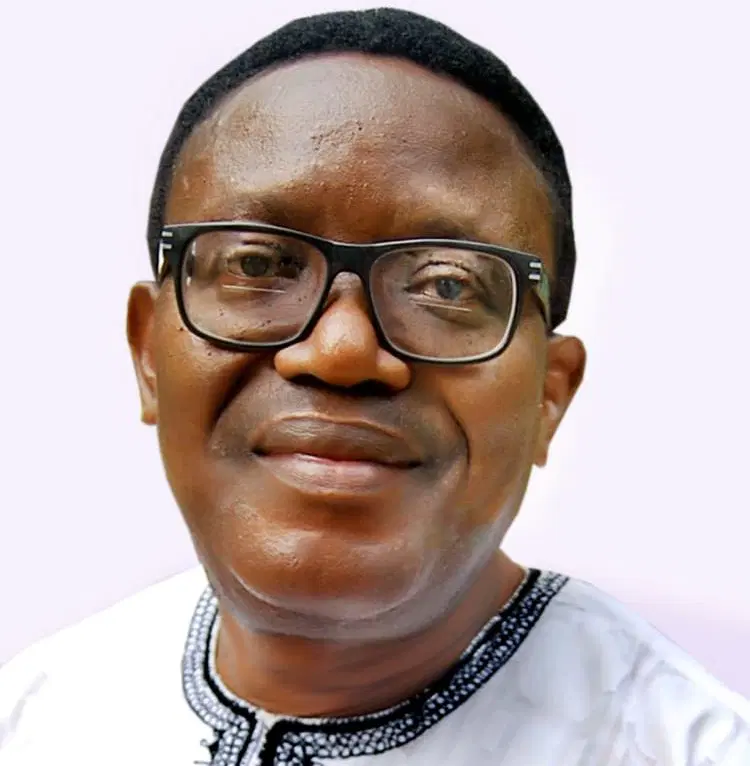It is perplexing that the International Monetary Fund (IMF) is both urging the Nigerian government to shield the poor from fuel price hikes and simultaneously advocating for an increase in fuel prices, claiming they are too low compared to market rates. This stance seems contradictory, given the IMF’s historical advice to successive Nigerian governments to raise fuel prices.
HISTORICAL CONTEXT OF FUEL PRICE INCREASES
Since 1981, the IMF and World Bank have consistently pressured Nigerian governments to increase petroleum product prices. This advice has led to a series of price hikes over the decades, which have contributed to worsening poverty in Nigeria. Despite being an oil-rich nation, Nigeria has become the poverty capital of the world, partly due to these persistent increases.
FUEL PRICE INCREASES OVER THE YEARS
From the 1980s, when fuel prices were raised from 15.3 Kobo to 20 Kobo per litre, successive administrations have seen numerous price adjustments. For example, the Babangida regime raised prices from 39.5 Kobo to 70 Kobo, while the Obasanjo administration saw prices increase to N70. Under Buhari, prices soared to N238 before President Tinubu’s recent hikes to N545.883, then N617, and now N897 per litre.
IMF AND WORLD BANK’S STRATEGY
The IMF and World Bank’s approach is seen as part of a broader strategy to maintain Western dominance, discourage local production in developing countries, and keep them reliant on raw material exports. Critics argue that their actions, framed as economic reforms, often exacerbate poverty and debt, rather than foster genuine development.
NIGERIA’S POLITICAL ELITES AND CHINA’S DEVELOPMENT MODEL
There is a narrative that Nigerian political elites admire China’s development model but fail to implement similar reforms. Unlike Nigeria, where the government distances itself from business, China integrates government and business efforts. Critics argue that Nigeria’s approach to governance, characterized by corruption and selective justice, contrasts sharply with China’s more disciplined model.
CONCERNS OVER GOVERNMENT’S HANDLING OF SECURITY AND POLITICAL ISSUES
The recent detention of Nigeria Labour Congress (NLC) President Joe Ajaero, ostensibly for legal reasons, has raised questions about government coordination and security services’ competence. The inconsistent handling of such issues reflects broader concerns about the effectiveness of Nigeria’s security and political systems.

